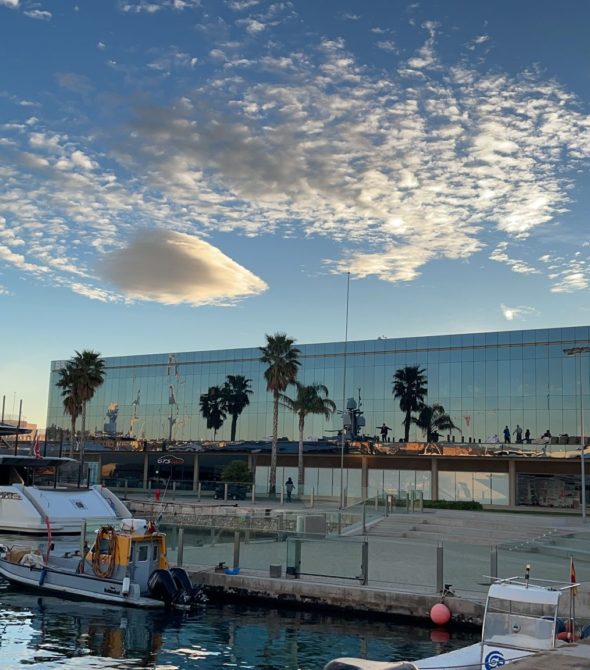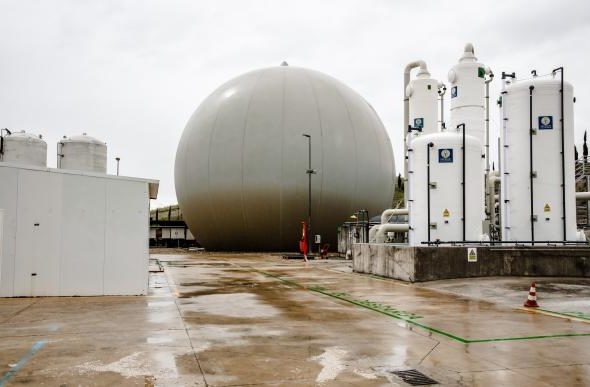Goldman Sachs shook up the Spanish renewable energy sector announcing their new commitment to gain positions in the energy transition. The business bank has launched Verdalia Bioenergy, a new fund with 1,000 MEUR that will be used exclusively for the acquisition, development and management of biomethane assets, one of the renewable gases that aspire to become in the star substitute for natural gas.
In revealing its energy plan, Wall Street’s giant, with more than 2 billion euros in assets under management, believe that biomethane is one of the most attractive segments of the energy transition for investors.
Goldman Sachs thus positions itself on the side of biomethane as the golden vector for decarbonization, compared to other alternatives, such as green hydrogen, which are apparently arousing greater interest among investors.
Biomethane is a renewable gas that is obtained from biological waste, such as slurry, manure, agricultural residues or sewage sludge.
Spain, due to its high agricultural and livestock activity, is already a kind of European landfill, so it has the potential to become the backbone of the biomethane chain on the continent.
It is no coincidence that Goldman Sachs has launched Verdalia’s activity in Spain, with the acquisition of its first portfolio of projects under development with the potential to produce 150 GWh/year.
Spain has more than 2,300 plants that can be transformed to generate biomethane, a process that would entail an investment of almost 40,500 MEUR, according to a recent report. Europe has set a production target for this clean fuel of 35,000 million cubic meters per year (bcm/year) by 2030.
12 and 13% will be provided by Spain The path towards the expansion of biomethane seems to be clearer than the path towards the deployment of renewable hydrogen, something that is already beginning to be discussed in the gossip of the financial world, where the word ‘bubble’ comes up every time more often when talking about this second green gas.
Although the European Commission has announced that it will launch the first auction for purchases of hydrogen worth 800 million next autumn, the plan generates suspicions. The reason is that the regulatory framework that will define what can be considered renewable
hydrogen based on its origin (nuclear, photovoltaic, gas, wind…), as well as the criteria for its certification, is still up in the air and this lack of definition is causing a transfer of hydrogen investment to the US.





